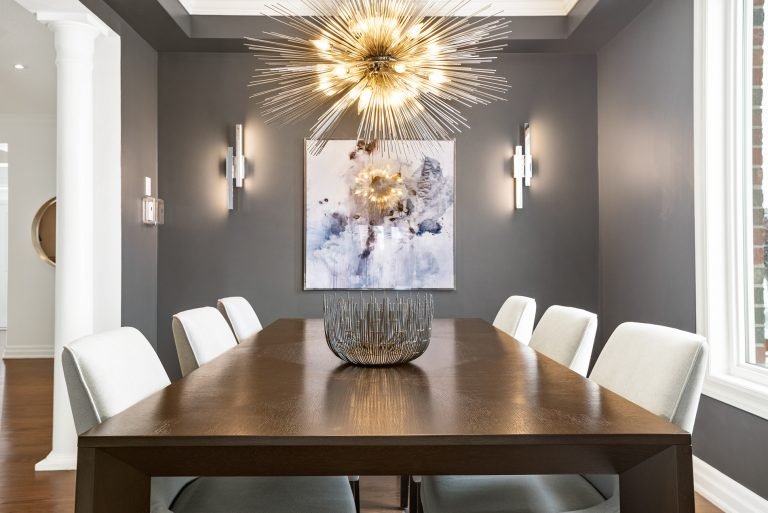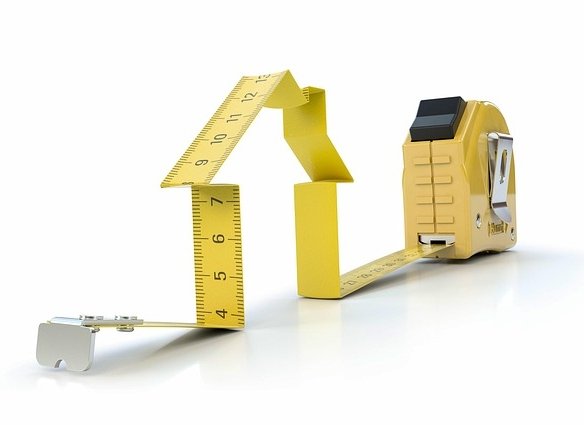Introduction to Home Staging
Selling a home is a significant endeavour, and one crucial aspect that can impact the sale is the staging of the property. Home staging is a strategic approach to showcasing your home’s best features and creating a welcoming environment for potential buyers. In this blog, we will delve into 10 expert tips to help you stage your home effectively and achieve a successful sale.
Home staging is the practice of preparing a residence for sale in the real estate market. It involves enhancing the visual appeal of a property to attract potential buyers and make a positive impression. The primary purpose of home staging is to showcase the property’s strengths, downplay any weaknesses, and create a welcoming environment that resonates with a wide range of buyers.
For sellers, the benefits of home staging are manifold. By investing in staging, sellers can significantly increase the perceived value of their home, potentially leading to a higher sale price. Staged homes also tend to sell faster than unstaged ones, reducing the time the property spends on the market. This can result in cost savings related to mortgage payments, maintenance, and other carrying costs associated with owning a property.
Statistics reveal the substantial impact that home staging can have on the sale price and time on the market. According to research from the Real Estate Staging Association, staged homes typically sell for 25% over the asking price, demonstrating the financial benefits of staging. Additionally, staged properties spend 73% less time on the market compared to non-staged homes, indicating the efficiency and effectiveness of this practice in attracting buyers.

The Importance of Home Staging in the Selling Process
When it comes to selling a home, the process can be both exciting and challenging. One key aspect that can significantly impact the success of a sale is home staging. Home staging goes beyond simple decoration; it involves strategically setting up a property to appeal to a wide range of potential buyers. By creating an inviting and desirable living space, sellers can attract more interest, potentially leading to a quicker sale at a higher price.
Differences Between Home Staging and Decorating
It’s important to understand the distinction between home staging and decorating. While decorating focuses on personal style and preferences, home staging is all about depersonalizing the space and making it universally appealing. By neutralizing the decor and strategically placing furniture and accents, home staging sets the scene for buyers to envision themselves living in the home.
Creating Emotional Connections with Buyers
Home staging plays a crucial role in creating emotional connections with potential buyers. By highlighting the key features of the property and showcasing its full potential, staging evokes a sense of aspiration and desire in buyers. From cozying up the living room to setting a welcoming dining table, every detail is carefully considered to make the home irresistible.
Maximizing Property Appeal through Staging
One of the primary objectives of home staging is to maximize the appeal of a property. This involves enhancing its strengths and minimizing any weaknesses to present a picture-perfect home. Whether it’s decluttering, updating decor, or enhancing curb appeal, every step in the staging process is aimed at showcasing the property in the best possible light & its one of the best HomeSellingStrategies.
Overall, home staging is a powerful tool that can significantly impact the selling process. By incorporating staging techniques, sellers can attract more buyers, receive higher offers, and ultimately achieve a successful sale. It’s a valuable investment that can make a remarkable difference in the outcome of a real estate transaction.

Expert Tips for Successful Home Staging
When it comes to selling a home, effective home staging is crucial in attracting potential buyers and securing a successful sale. By highlighting the best features of the property and creating a welcoming atmosphere, home staging can significantly impact the selling process. Here are expert tips to guide you through the home staging process:
Prioritize Key Rooms for Staging
- Focus on staging key rooms such as the living room, kitchen, primary bedroom, and dining room as they are central to a buyer’s decision-making process.
Emphasize Cleanliness and Decluttering
- Ensure the home is impeccably clean to convey a sense of pride and care for the property. Removing clutter helps create a more spacious and inviting environment.
Depersonalize the Space
- Remove personal items like family photos and personal memorabilia to allow potential buyers to envision themselves living in the space.
Incorporate Plants for Freshness
- Add live plants to bring a touch of freshness and warmth to the home. However, avoid overcrowding the space with too many plants.
Define Room Purposes Clearly
- Clearly define the purpose of each room to help buyers visualize how they can utilize the space effectively.
Consider Fresh Paint for a Refreshing Look
- A fresh coat of neutral paint can transform the look of a room and enhance the overall appeal of the home.
Optimize Lighting for a Bright Atmosphere
- Maximize natural light and incorporate additional lighting to create a bright and inviting atmosphere throughout the home.
Use Minimalist Furniture for a Spacious Feel
- Less is more when it comes to furniture. Create a spacious and uncluttered environment by minimizing the number of furniture pieces in each room.
Enhance Curb Appeal for a Great First Impression
- Invest time in enhancing the exterior of the home as it forms the first impression for potential buyers. Focus on cleanliness and small improvements to boost curb appeal.
By following these expert tips, you can elevate the presentation of your home and increase its appeal to potential buyers. Effective home staging can help you sell your property faster and potentially at a higher price point.

Next Steps
As the journey of selling your home progresses, it is essential to reflect on the key elements that contribute to a successful sale. Home staging stands out as a pivotal strategy in ensuring your property attracts potential buyers, captivates their interest, and secures a favorable deal. Let’s take a moment to summarize the essential aspects of home staging and explore the next steps in this process.
Recap of Key Home Staging Tips
Throughout the home staging process, focusing on specific areas can significantly impact how your property is perceived by potential buyers. By prioritizing cleanliness, decluttering, depersonalizing, integrating plants, defining room purposes, freshening up with paint, optimizing lighting, minimizing furniture, and enhancing curb appeal, you create a welcoming and appealing environment that resonates with a broad audience.
Importance of Professional Assistance in the Selling Process
While implementing home staging strategies independently can yield positive results, seeking professional assistance can elevate the selling process to another level. Real estate professionals, such as RE/MAX agents, possess the expertise and industry insights to provide tailored guidance that aligns with your unique selling goals and property characteristics. Their support can streamline the selling journey, enhance the visibility of your listing, and increase the likelihood of achieving a successful sale.
Encouragement to Implement Home Staging Strategies for a Successful Sale
Empowered with knowledge about the impact of home staging and the benefits of professional assistance, the next step in your selling journey is clear. By proactively implementing home staging strategies and collaborating with experienced professionals, you position your property for a successful sale that meets your objectives efficiently and effectively.





